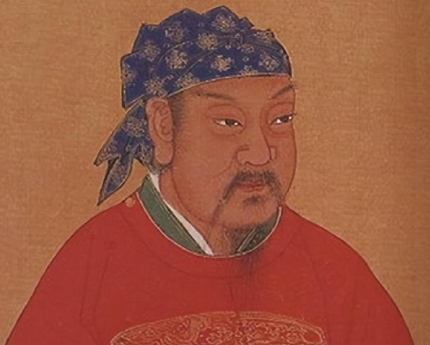The surname Chai, as a part of Chinese surname culture, carries rich historical and cultural connotations. Its origin and history not only reflect the ancient Chinese family system, but also have intricate connections with Gao Chai, a descendant of the Duke of Qi. This article will explore the historical origins of the Chai surname and its cultural inheritance and development.

I. Historical Origins of the Chai Surname
The origin of the Chai surname can be traced back to the Spring and Autumn Period. According to historical records, the Chai surname is derived from the descendants of Gao Chai, a descendant of the Qi royal Family, who took their ancestor's name as their surname. Gao Chai, styled Zigao, was a disciple of Confucius and a descendant of the noble family of Qi. In ancient China, the family system was a very important social organization form, and descendants usually took their ancestor's name or fief as their surname. Therefore, the descendants of Gao Chai gradually formed the Chai surname by taking the "Chai" character from his name.
II. Cultural Inheritance of the Chai Surname
With the passage of history, the Chai surname gradually formed a unique family culture and tradition. In ancient China, the family was the basic unit of society, and the inheritance of family culture was of great significance in maintaining social stability and harmony. The Chai surname family attached great importance to education, emphasized moral cultivation, and advocated Confucianism. These traditions were handed down from generation to generation in the Chai surname family and became the behavioral norms commonly followed by family members.
III. Historical Figures with the Chai Surname
Many outstanding figures have emerged in the long history of the Chai surname, and their deeds and spirits have become valuable treasures that inspire later generations. For example, Chai Rong was one of the famous emperors in Chinese history. He established the Later Zhou during the Five Dynasties and Ten Kingdoms period and carried out a series of reform measures, making important contributions to the stability and development of the Central Plains region. In addition, Chai Jin was an important character in the novel "Water Margin", who was deeply loved by the people for his loyalty, benevolence, and wisdom. These historical figures not only demonstrate the elegance of the Chai surname family, but also make contributions to the cultural inheritance of the entire Chinese nation.
IV. Conclusion
As a member of the many surnames of the Chinese nation, the origin and history of the Chai surname are not only a witness to the ancient family system, but also an inheritance of the cultural spirit of Gao Chai, a descendant of the Duke of Qi. The Chai surname family has formed a unique family culture in its historical development, which has had a profound impact on later generations. Understanding the history and culture of the Chai surname helps us better understand the richness and diversity of Chinese surname culture.
Summary:
The Chai surname originated in the Spring and Autumn Period and is derived from the descendants of Gao Chai, a descendant of the Duke of Qi, who took their ancestor's name as their surname. It not only witnesses the ancient Chinese family system, but also carries the cultural spirit inheritance of Gao Chai, a descendant of the Duke of Qi. The Chai surname family has formed a unique family culture in its historical development and emerged many outstanding figures, who have had a profound impact on later generations. Understanding the history and culture of the Chai surname helps us better understand the richness and diversity of Chinese surname culture.
Disclaimer: The above content is sourced from the internet and the copyright belongs to the original author. If there is any infringement of your original copyright, please inform us and we will delete the relevant content as soon as possible.































